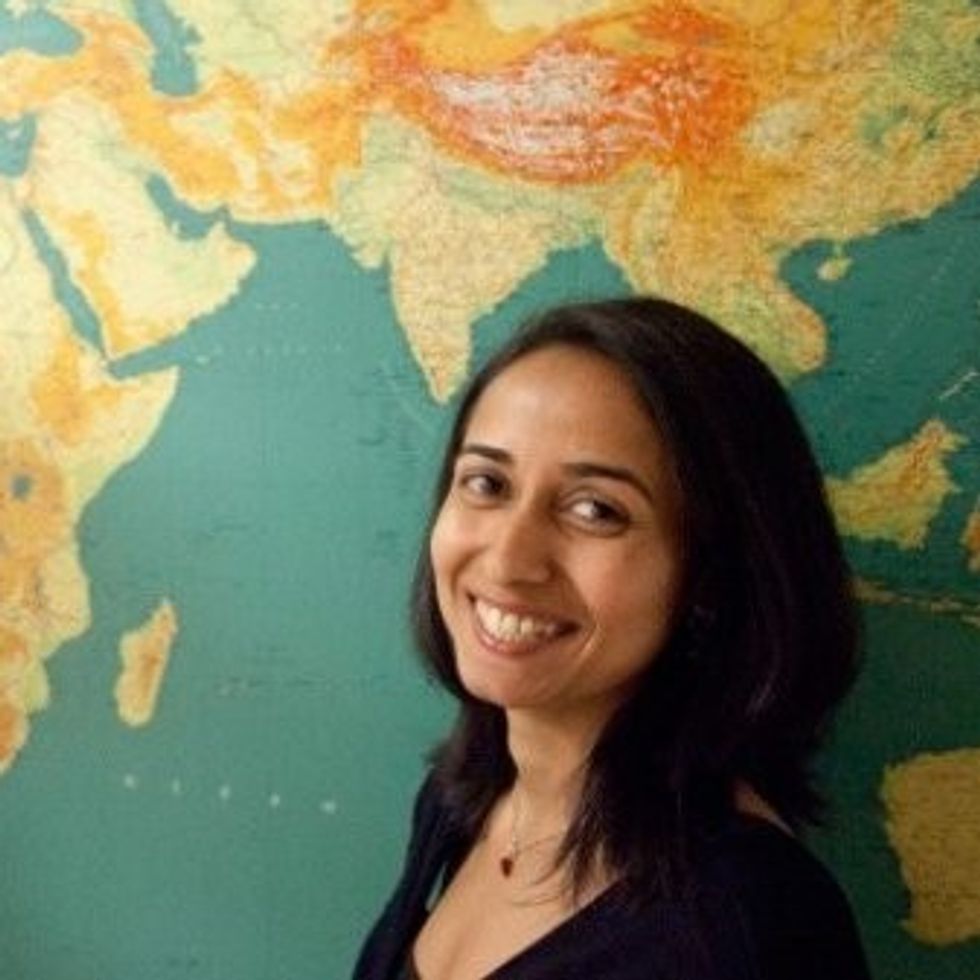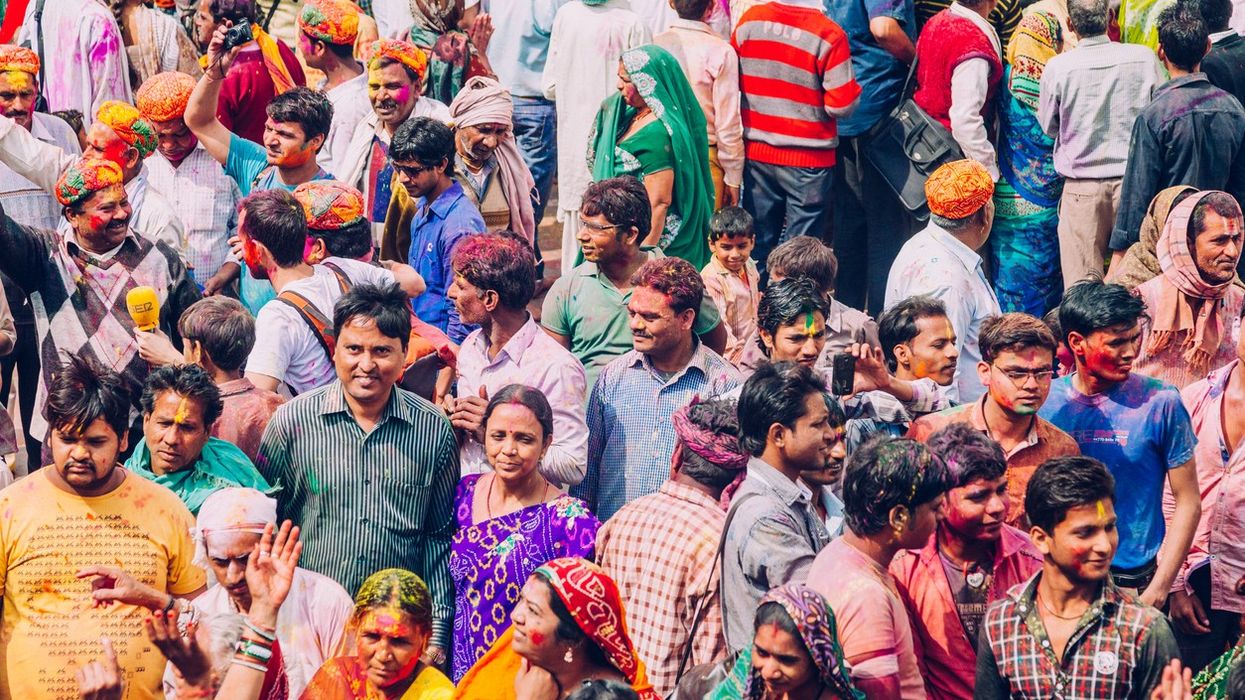India, a land of diverse cultures and languages, has long intrigued scientists with its rich tapestry of people. In a groundbreaking quest, led by geneticist Priya Moorjani, researchers are delving into the genetic story of how India's vibrant population came to be.
Imagine ancient groups – hunter-gatherers, Iranian-rooted farmers, and herders from the Eurasian steppe – contributing to India's 1.5 billion-strong population. Each group adds a unique thread to the intricate fabric of the nation. This study aims to untangle these genetic threads and uncover the stories they hold.

Using data from the Longitudinal Aging Study in India–Diagnostic Assessment of Dementia (LASI-DAD), researchers sequenced over 2700 modern Indian genomes. This vast genetic pool represents an expansive view, allowing us to understand the diversity embedded in the country. It's like a genetic snapshot capturing the essence of India's people.
Exploring the origins of Iranian ancestry farmers, the study reveals an unexpected connection to Sarazm, an ancient hub in Tajikistan. This challenges our assumptions about geographic boundaries, suggesting a dynamic exchange of culture and genes between seemingly distant regions. It's a revelation that broadens our view of historical connections.
Taking a step back 80,000 years, the study explores stone tools' mystery. Did early humans leave these tools, and what impact did they have? The research proposes a captivating story – a single migration out of Africa around 50,000 years ago that laid the foundation for today's Indian populations. It's a journey through time, highlighting the adaptability of our ancestors.
Enter the unexpected guests in our genetic narrative – Neanderthals and Denisovans. Modern Indians carry 1% to 2% of their ancestry from these ancient relatives, showcasing a genetic diversity surpassing global averages. About 90% of known Neanderthal genes are found in Indian genomes. It's a genetic symphony where different branches of our family tree intertwine.
The absence of fossils raises intriguing questions about how these ancient genes made their way into India. Did ancient humans engage in a genetic dance with diverse archaic cousins on the subcontinent? The plot thickens, urging researchers to continue their exploration. The mysteries surrounding the integration of Neanderthal and Denisovan genes spark curiosity, taking us on a journey to unravel ancient encounters.
As India's genetic narrative unfolds, it paints a vivid portrait of a land where diverse threads intertwine, creating a tapestry reflecting human history's complexity. This exploration isn't just a scientific quest; it's a captivating story inviting us to marvel at the interconnectedness of humanity. It reminds us of our shared ancestry, a collective journey through time shaping the intricate mosaic of our genetic identity.
In essence, decoding India's genetic tale is a journey of discovery, where science and history converge to reveal the remarkable diversity and interconnectedness that define the people of this extraordinary subcontinent. It's a story that continues to unfold, inviting us to explore the tapestry of our genetic past and appreciate the shared journey that binds us all.




